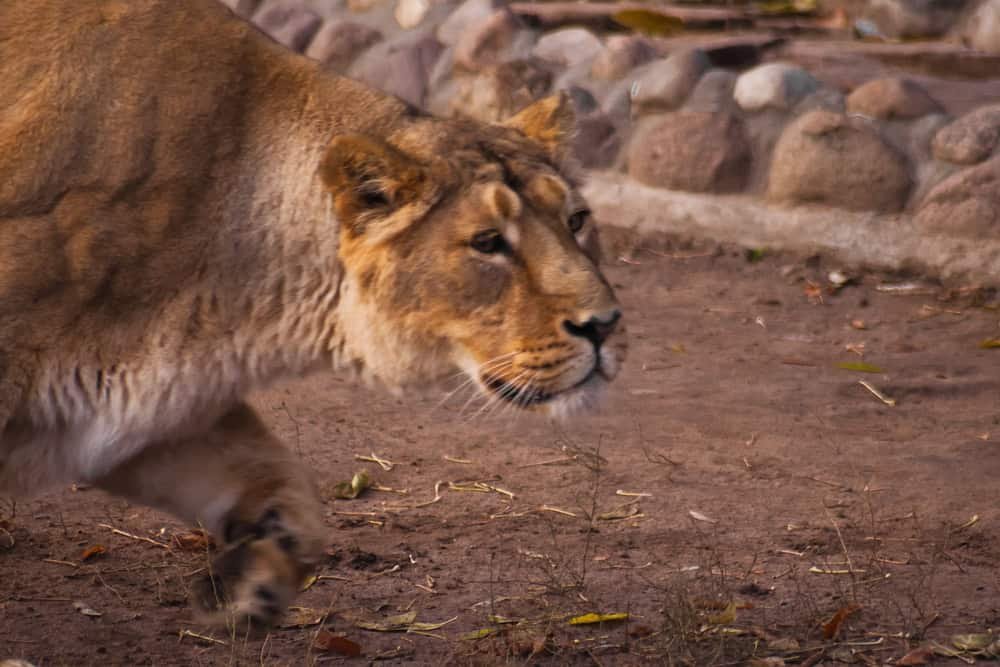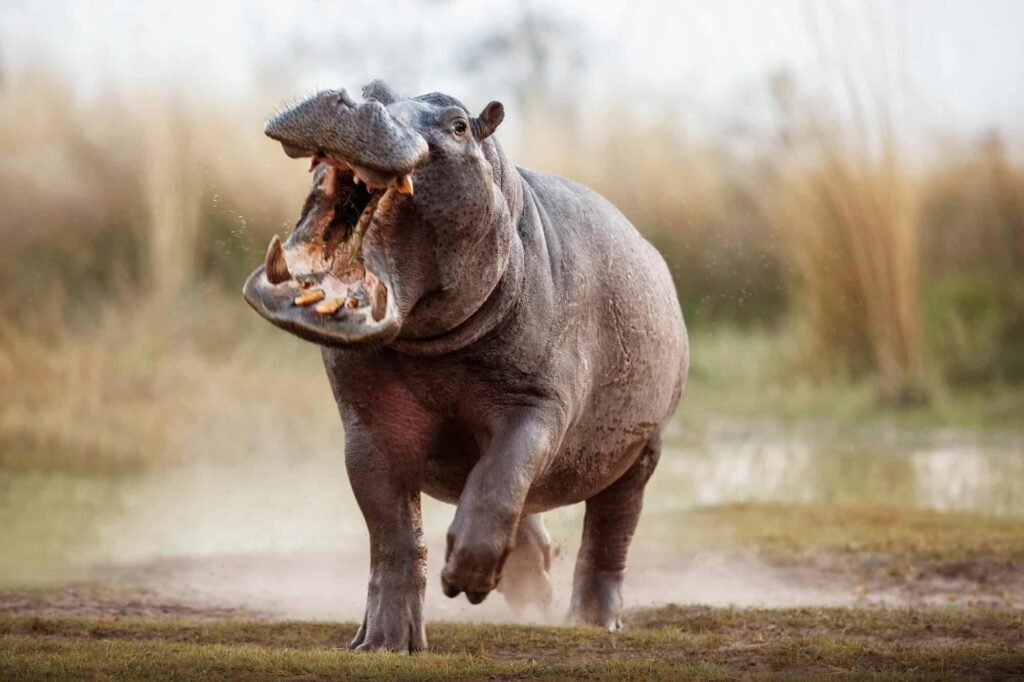For centuries, humans with their curiosity have gazed into the eyes of animals and wondered whether these creatures experience emotions similar to ours. While tales of pets demonstrating loyalty, fear, or joy have existed for millennia, the scientific exploration into animal emotions has only more recently gained momentum. Our understanding of animal emotions not only enriches our interactions with them but also holds potential implications for ethical treatment and conservation efforts.
Defining Emotions in Animals

Before diving into the specifics, it’s crucial to define what emotions are. Generally, emotions can be described as complex reactions that engage both mental states and physiological responses to stimuli. In humans, these range from joy and sadness to jealousy and pride. But do animals share such emotional landscapes? While direct inquiry isn’t possible, science has made significant strides in identifying probable emotional experiences in animals through behavioral and physiological research.
Scientific Methods for Studying Animal Emotions

Studying animal emotions presents a challenge since we can’t directly access their subjective experiences. Scientists utilize several approaches to infer emotions in animals. Behavioral observations allow researchers to note reactions such as tail wagging in dogs or play behaviors in dolphins. Additionally, physiological indicators like hormone levels and heart rates can provide clues. For instance, increased cortisol levels can suggest stress, much like in humans.
Evidence of Emotional Capacity Across Species

From sophisticated mammals to simpler invertebrates, a plethora of animal species exhibit behaviors suggesting emotional capacities. Dogs are renowned for their apparent empathy and loyalty, demonstrating affection towards humans and other animals. Elephants mourn their dead, dolphins engage in complex play, and even birds, such as ravens, exhibit problem-solving skills paired with apparent excitement or frustration. Each of these examples contributes to the growing body of evidence indicating that non-human animals experience a range of emotions.
The Role of Evolution in Shaping Animal Emotions

Evolutionary biology offers insights into why emotions may have developed in animals. Emotions likely serve adaptive functions that enhance survival and reproduction. Fear can trigger fight-or-flight responses, safeguarding the individual from threats. Similarly, emotions like affection and bonding play significant roles in social species, ensuring cooperation and mutual protection. Thus, while the specific nature and complexity of these emotions might differ from humans, their foundational purposes resonate across species.
The Ethical Implications of Recognizing Animal Emotions

Understanding that animals might share emotional lives akin to humans brings forth ethical considerations concerning their treatment. If animals indeed experience pain, joy, and fear, this recognition demands more humane treatment across industries – from farming practices to pet ownership and conservation efforts. It challenges us to rethink how animals are viewed and treated globally, potentially influencing legislation and conservation priorities.
Controversies and Ongoing Debates

Despite advancements, the study of animal emotions is not without its controversies. Skeptics argue that anthropomorphism – attributing human traits and emotions to animals – may lead to misinterpretations. Others highlight the risks of drawing parallels without robust scientific validation. The field remains dynamic, with ongoing debates encouraging further research and refinement of methodologies for understanding the emotional capacities of non-human animals.
Conclusion: Bridging the Emotional Divide

The exploration of animal emotions remains a complex and evolving field. While we may never fully comprehend the depths of their emotional worlds, it’s clear that many animals experience emotions, sometimes akin to, yet distinct from ours. This understanding fosters a deeper connection between humans and the natural world, urging thoughtful consideration of how we coexist with other sentient beings. By continually probing the emotional lives of animals, we not only unlock insights into their existence but also into the shared evolutionary journey that binds all creatures of this planet.

Linnea is a born and bred Swede but spends as much time as possible in Cape Town, South Africa. This is mainly due to Cape Town’s extraordinary scenery, wildlife, and atmosphere (in other words, because Cape Town is heaven on earth.) That being said, Sweden’s majestic forests forever hold a special place in her heart. Linnea spends as much time as she can close to the ocean collecting sea shells or in the park admiring puppies.




